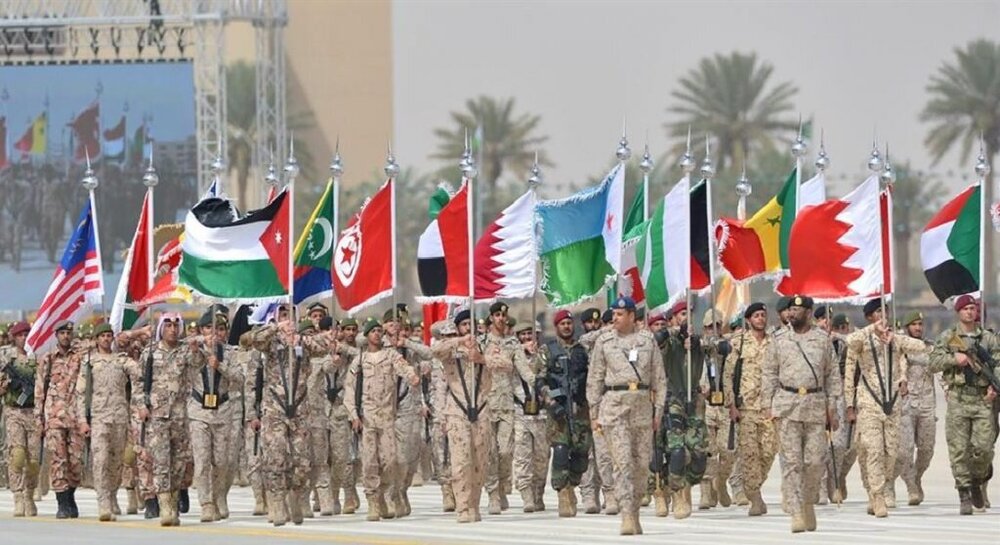Regional NATO will be dead on arrival

TEHRAN – A number of Arab countries and Israel have increased their diplomatic interactions and contacts amid a tense atmosphere in the West Asia region ahead of a visit by U.S. President Joe Biden, which is expected to result in more military and security coordination in the region.
The visit will take place from July 13-16 but the region is already abuzz with rumors and speculation about its agenda. The U.S. has not officially spoken of any kind of military setting in the region that would be similar to NATO.
According to a White House statement, Biden will discuss during his visit alleged “threats from Iran” and Israel’s “increasing integration into the greater region,” among other issues. In Saudi Arabia, Biden will participate in a Persian Gulf Cooperation Council summit that will also be attended by Egyptian President Abdel Fattah El Sisi, Jordanian King Abdullah II, and Iraqi Prime Minister Mustafa al-Kadhimi.
Western and Israeli media outlets have raised speculation about the U.S. plan to form a military alliance in the region. The Jordan king further exacerbated these speculations by voicing support for the alliance.
In remarks to CNBC, he said he would support the formation of a Middle East military alliance similar to NATO, and that it can be done with countries that are like-minded.
“I’d like to see more countries in the area come into that mix,” he said.
“I would be one of the first people that would endorse a Middle East NATO,” Abdullah said.
He added, “The mission statement has to be very, very clear. Otherwise, it confuses everybody.”
The Jordanian king noted, “I’m hoping what you’re seeing in 2022 is this new vibe, I guess, in the region to say, ‘how can we connect with each other and work with each other’.”
Very few details have been made available about the so-called Middle East NATO. The London-based Raialyoum newspaper said it would be less than the existing NATO.
Citing Jordanian sources familiar with the matter, the newspaper said, “The Pentagon is seeking to establish a state of joint coordination between its allies in the Middle East, through a special operations room and by unifying the radar systems in air defense so that they are linked to a military room or one operating room.”
The Jordanian king’s talk of the need to specify the mission of the new alliance, according to the newspaper, means that its preparations have been done and it will be announced during Biden’s visit.
So far, other Arab states, especially the Persian Gulf ones, have been silent about the new development. Their media also remained silent on the issue. But Israeli media magnified the new U.S. initiative and sought to portray it as directed against Iran.
Zvi Bar’el, a senior analyst at Haaretz, has said that there is no such thing as a 'NATO regional defense coalition' that Israel wants to join but there will be a balanced alliance between the Arab states and Israel to build a defensive wall against the “common threat” that is Iran, according to Fars News.
If true, this alliance could derail current diplomatic efforts to patch up relations between Iran and some neighboring Arab states. Since 2021, Iran has embarked on a new foreign policy agenda called neighborhood policy which rests on fostering cooperation with neighboring countries. Iranian and Arab officials have exchanged visits over the last few months and they continue to keep in close contact with each other. Hence, the Arab states are unlikely to subscribe to a regional alliance that is focused on hostile agenda against Iran.
On the other hand, Iran will almost certainly oppose this kind of coalition-building effort that integrates Israel and give the U.S., a foreign power, a new foothold in the region. Iran has pushed for a regional foreign policy built around rejecting foreign interference in the region.
Leave a Comment